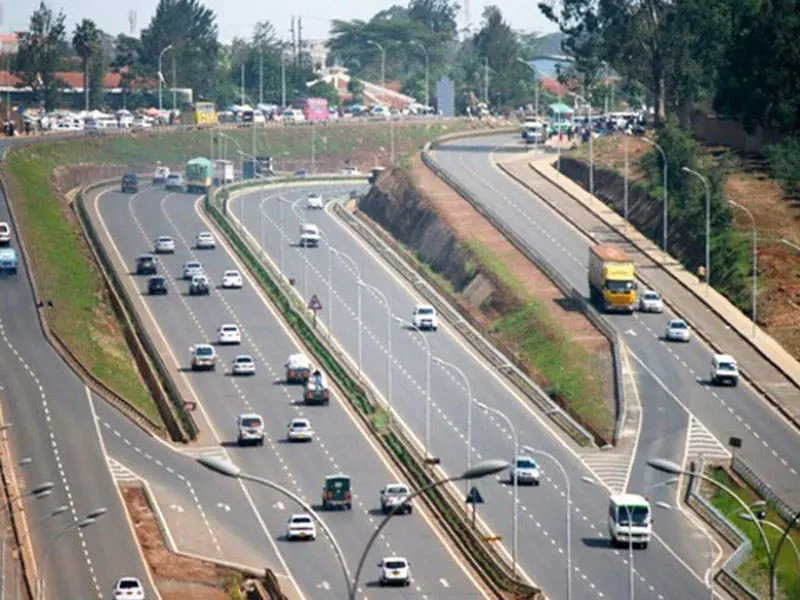The 473-kilometre Nairobi-Mombasa Expressway has been given a green light for its first stage of construction under a public-private partnership (PPP). This was revealed by the Treasury thereby paving way for the road construction project to proceed towards its developmental phase. According to the Treasury, the Nairobi-Mombasa Expressway project is foreseen to do away with the heavy traffic congestion and slow speed between Mombasa and Nairobi cities. The road project is expected to go at a cost of approximately $3.6 billion which is equivalent to Ksh555.09 billion.
The multi-billion shilling Nairobi-Mombasa Expressway project drew interest from Korean Overseas Infrastructure and Development Corporation (KIND) and Bechtel Executive which partners with US Capital Investment Company Everstrong Capital. In the year 2018, the total cost of the project was approximated at around Ksh300 billion. In the same year, Bechtel was tapped by the Kenyan government but unfortunately the road project did not see any progress after a tussle rose on how the project would be funded.
Also read: 454-Kilometre Kenya-Tanzania Road to be Completed in 2024
Nairobi-Mombasa Expressway Funding Model
A public-private partnership has been deemed efficient for the funding of the project. According to a report that was released by the Parliamentary Budget Office (PBO) in the year 2021, Bechtel turned down the offer of Kenya that required the firm to build the road and recover the construction costs later by charging toll fees to the motorists using the road. Instead, Bechtel chose to settle on a model where the state (Kenya) pays for the construction costs instead of recovering their money from charging the road users.
As a result of this, the Kenyan government will be forced to borrow billions of shillings for the project. According to the contractor, Kenya would get better returns for money if the government would opt for the EPC (Engineering, Procurement, and Construction) model rather than the proposed toll model. Bechtel also further argued that the public-private partnership (PPP) model which requires the contractor to provide for the funds would be quite expensive as it would cost $15 billion (Ksh2.23 trillion) which is five times more and would be at a disadvantage of taking a longer period of time to finish building.
